Benue State hires 9,000 teachers but rural schools lack classrooms, teachers, and learning materials, leaving thousands of children without education.
The Benue State Government’s much-publicized recruitment of over 9,000 primary school teachers is sparking outrage as many rural communities report that the schools these teachers were meant to serve either do not exist or lack even the most basic infrastructure.
Despite allocating about 15% of its 2025 budget (₦82.5 billion) to education and knowledge management—more than double the ₦33.8 billion earmarked in 2024—thousands of children in Benue’s rural areas remain without classrooms, desks, or teachers.
Empty Classrooms, Collapsed Structures
A tour of primary schools in Logo, Ukum, and Ogbadibo Local Government Areas revealed shocking conditions. In Logo’s NKST Primary School, Pagher—established in 1976—lessons have been suspended since the only makeshift classroom collapsed. Headteacher Mr. Jigba, the school’s sole staff member, says he can no longer assemble pupils due to the lack of shelter.
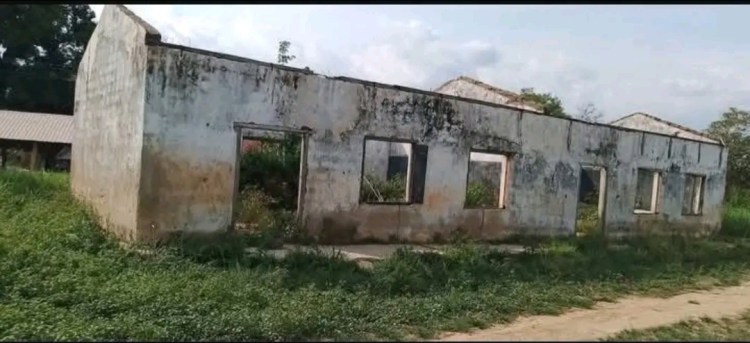
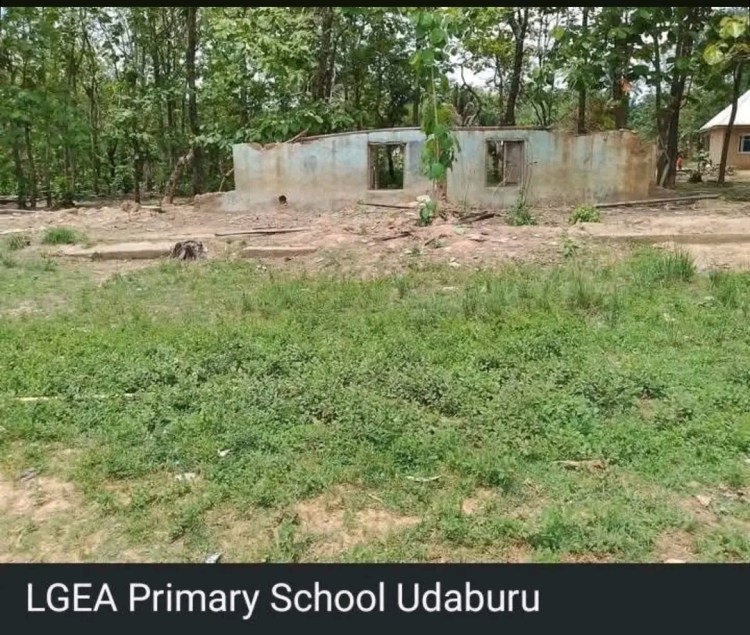
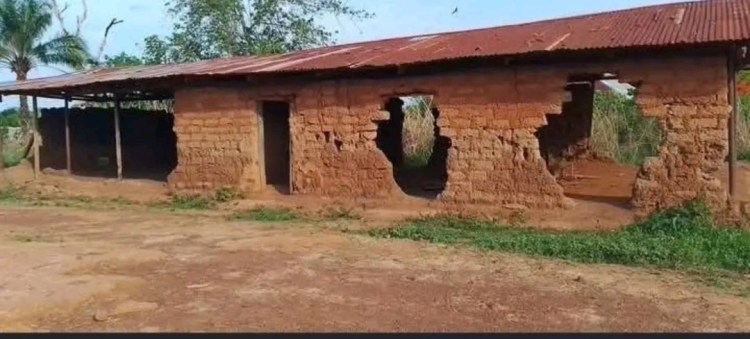
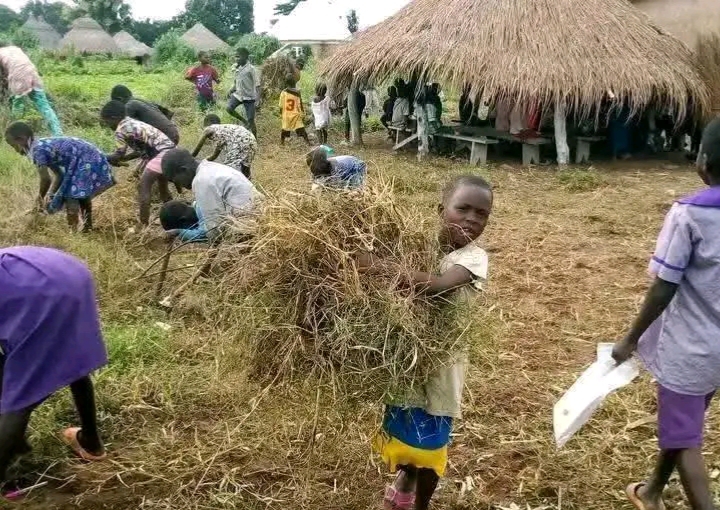
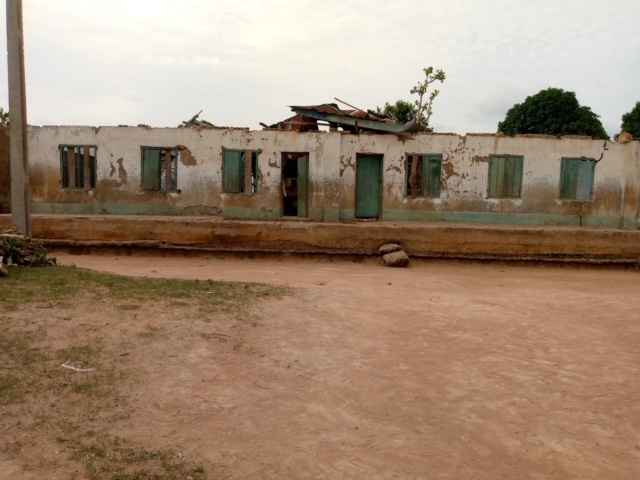
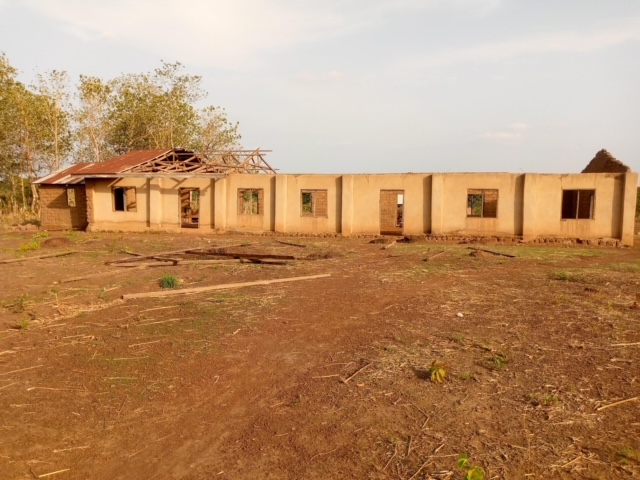
Parents like Kaanan Toryina and John Peva say they’ve been forced to withdraw their children due to the absence of teachers and infrastructure. “No classrooms, no desks, not even a roof,” Peva lamented.
Similar scenes played out at LGEA Primary School Abeda-Shitile, where pupils sit on dusty floors under a temporary shed after the roof of their only classroom block was blown off a year ago. In Ukum, at LGEA Primary School Abiem, children attend classes under a grass-and-stick hut, exposed to rain and scorching heat.
Parents Forced Into Private Schools
Many parents, like Saater Uchigh and Agada Godwim, say they are spending beyond their means on private school fees due to the collapse of public education. Others, like Ene Silas, have pulled their children out entirely because they can no longer afford tuition.
Community leaders warn that without urgent intervention, children left out of school risk drifting into crime or armed groups. “When there are no schools or teachers, the streets become their classroom,” said Abur Torhile from Ukum.
Funds Alone Not Enough
Although Governor Hyacinth Alia has increased education funding, stakeholders argue that the problem goes beyond budget figures. The United Nations Educational, Scientific and Cultural Organization (UNESCO) recommends governments allocate at least 20% of their budgets to education to meet global standards. Benue’s 15% allocation, while higher than previous years, still falls short of that benchmark.
ALSO READ: BREAKING: State Police Arrest Islamic Cleric Over Possession of Suspected Human Flesh
More crucially, teachers and parents say the real issue is implementation. “We hear figures every year, but our children still study under trees or stay at home,” a teacher in Ogbadibo noted.
A Call for Action
Residents across Benue are calling for urgent government action to build classrooms, provide learning materials, and ensure that newly recruited teachers are actually deployed to functioning schools. Until then, the promise of quality education in Benue remains a mirage for thousands of rural children.




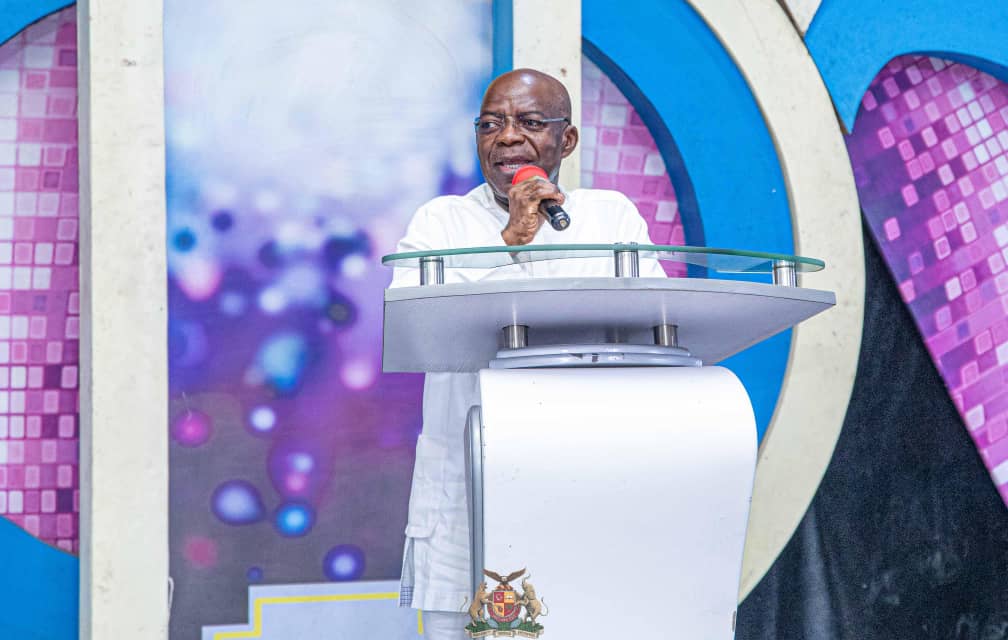
![Peter Obi Sues Deji Adeyanju Over Defamation Allegations on Social Media [PHOTOS]](https://nationscuriosity.com/wp-content/uploads/2025/08/operanews1756330176090-120x86.jpg)





